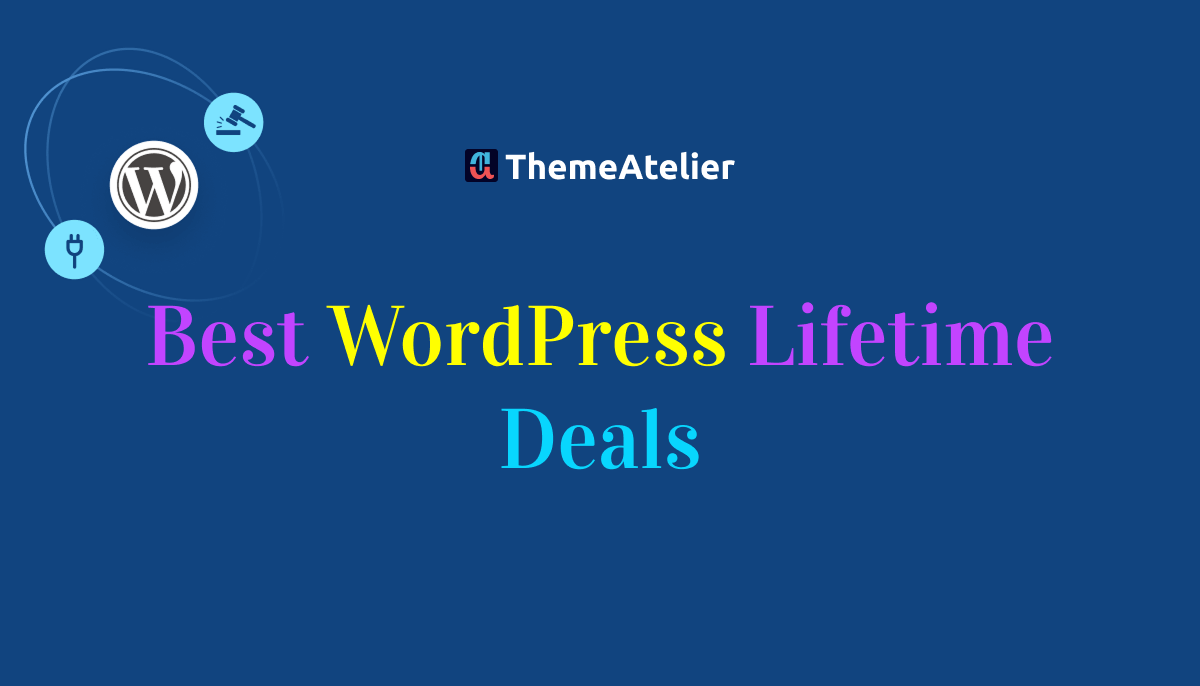Category: Business Tips
-

Best WordPress Lifetime Deals (Top Plugins & Tools Worth Buying in 2026)
Best WordPress Lifetime Deals WordPress lifetime deals are one-time purchase offers…

Best WordPress Lifetime Deals WordPress lifetime deals are one-time purchase offers…